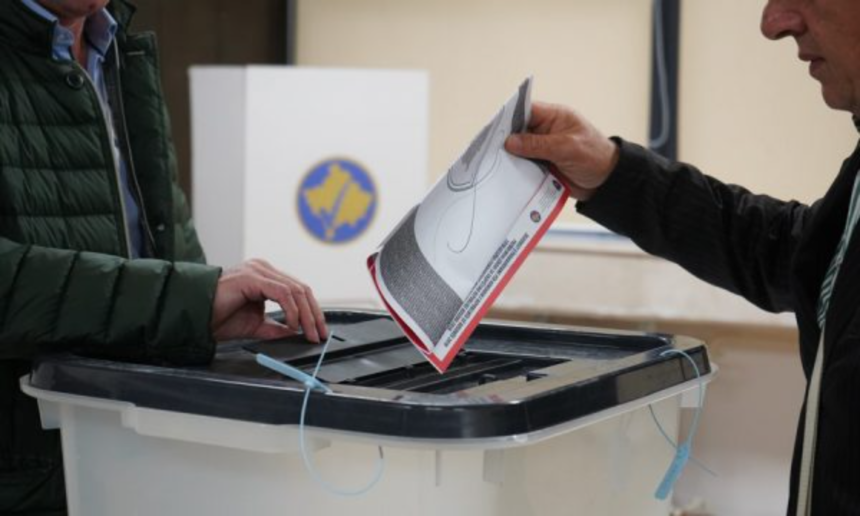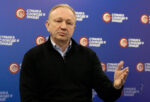The European Union has welcomed the peaceful electoral process in Kosovo, expressing satisfaction that the first round of local elections on October 12 saw participation from all communities.
“For the municipalities where mayors were elected in the first round, we call for swift certification and implementation of the results through a regular and orderly transition of local power,” said EU spokesperson Anitta Hipper in a statement to Radio Free Europe.
“For the other municipalities, where a second round of mayoral elections will take place, we urge an equally peaceful, competitive, and inclusive process on November 9,” she added.
The EU also confirmed that its expert mission is currently present in Kosovo, at the invitation of President Vjosa Osmani, to monitor the electoral process and will issue a comprehensive assessment report upon completion.
“The EU Election Observation Mission (EOM) report for Kosovo, published in May 2025, noted several instances of interference during the February 2025 general elections. We expect all parties to refrain from such actions during the ongoing electoral period,” Hipper emphasized.
Kosovo’s President Vjosa Osmani and Acting Prime Minister Albin Kurti have accused Serbia of interfering in the electoral process by ‘buying’ the votes of the Serb community in favor of the Serb List, urging the EU to respond to such actions.
Official Belgrade has denied these accusations.
The EU did not provide a direct answer when asked by Radio Free Europe whether it had any knowledge of Serbian interference in Kosovo’s elections.
However, the EU’s observer mission for the February parliamentary elections previously found that Russian state-backed media outlets RT Balkan and Sputnik Srbija, both supported by the Kremlin, had published dozens of manipulative reports targeting the Serb community in Kosovo during the campaign.
According to the Central Election Commission (CEC), 39.58% of the more than two million eligible voters participated in the October 12 elections.
Mayors were elected in 21 municipalities in the first round, while 17 municipalities, including Pristina, will head to a second round.
Past election trends in Kosovo show that winning in the first round does not always guarantee final victory in the runoff.
Among the Serb-majority municipalities, only Klokot will have a second round, while the Serb List — the largest political party representing Kosovo Serbs, backed by Belgrade — secured victories in the remaining nine municipalities.







